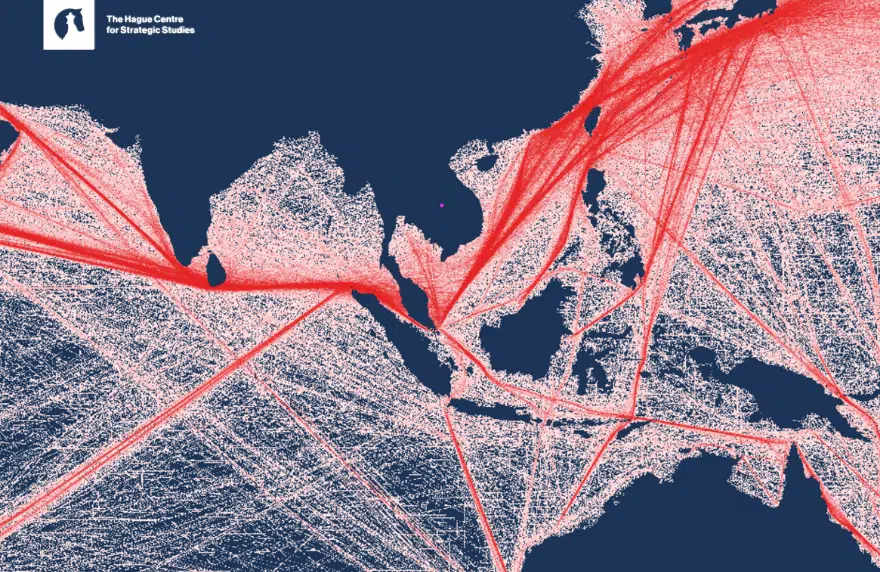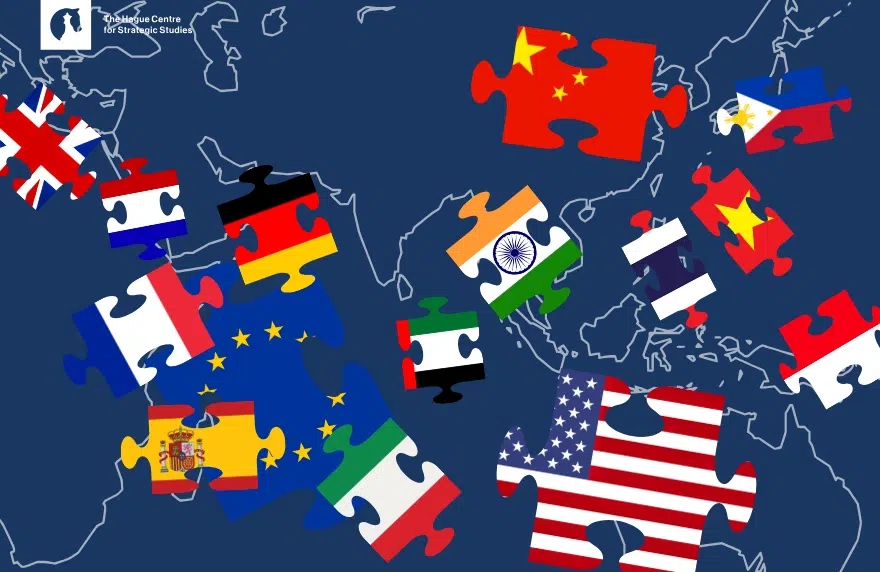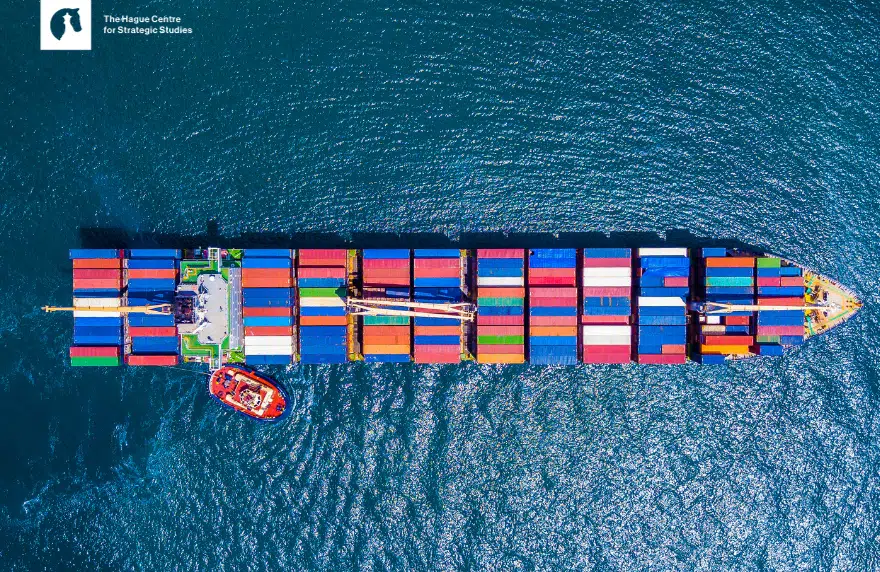In this new HCSS paper series, 5 guest authors explore the most important shared interests between European and Indo-Pacific states, as well as the examples of successful European engagement with regional states over the past decade. The series also reflects upon the form and frameworks that would make a European role most effective, as the growing economic, security, and political interdependences force European states to consider how to position themselves within complex regional dynamics.
Paper 1 | Mixed Messages and the EU’s Indo-Pacific Strategy
The EU’s Indo-Pacific strategy hinges on capability, credibility, and consistency. Amidst geopolitical shifts, it must emphasize economic benefits, adapt to political changes, and foster minilateral engagements for lasting impact, writes guest author Charmaine Willoughby, Associate Professor of International Studies at De La Salle University in Manila, the Philippines.
Paper 2 | Strategic Communication in the Indo-Pacific: Signalling EU Naval Commitment to the Region
The EU sees the Indo-Pacific as a focal point for modern geopolitical challenges. Through naval strategies and operations, it signals a commitment to global maritime security. Credibility is key for effectiveness. The paper by guest authors Nicolas Blarel and Niels van Willigen analyses how this can be achieved, including in the Eastern part of the Indo-Pacific. It ends with policy recommendations for more effective signalling.
Paper 3 | Debating EU Enhanced Naval Presence in the Indo-Pacific: From Maritime Domain Awareness (MDA) to Coordinated Maritime Presence (CMP)
Europe’s interest in the Indo-Pacific grows due to trade, economic concerns, and broader international order issues. Despite obstacles, the EU is enhancing maritime engagement, focusing on information exchange and coordinated presence. This paper by guest author Marianne Peron Doise delves into Europe’s objectives in the region, the hurdles it faces, and strategies for further contribution to maritime security.
Paper 4 | Strategic Dynamics in the Indo-Pacific: Partnership for Maintaining Inclusive and Stable Maritime Region
The Indo-Pacific stands as the 21st century’s strategic epicenter, with Southeast Asia pivotal in its maritime dynamics. The ASEAN Outlook on the Indo-Pacific guides cooperation, including EU support. Addressing challenges is crucial for a stable, rules-based region. This paper by guest author Sumathy Permal delves into three key areas: assessing maritime challenges in Southeast Asia, exploring shared maritime interests between the EU and Indo-Pacific states, and discussing security frameworks suited to the regional context. Addressing these facets is vital for realizing a secure, rules-based Indo-Pacific.
The series ties back to previous reports from the HCSS Europe in the Indo-Pacific Hub; edited by HCSS analysts Paul van Hooft and Benedetta Girardi, with contributions from Alisa Hoenig.
The research for and production of this report has been conducted within the PROGRESS research framework agreement. Responsibility for the contents and for the opinions expressed, rests solely with the authors and does not constitute, nor should be construed as, an endorsement by the Netherlands Ministries of Foreign Affairs and Defence.








